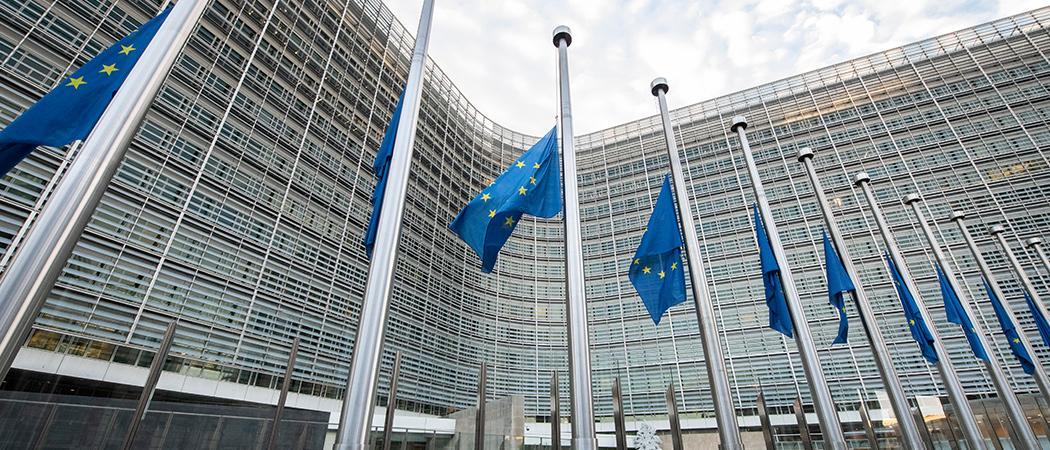Some research lobbies are concerned the decision to publish less information on Commission staff will make their work more complicated, saying ‘it is very much to the detriment of the research & innovation community.’ Others don’t care so much

The Berlaymont building in Brussels, the headquarters of the European Commission. Photo: European Union
Research lobbies are worried working on EU policy will get more complicated after the European Commission removed everyone below the post of head of unit from its Who’s Who directory.
Following the move some weeks ago, on Friday, the European Association of Research and Technology Organisations (EARTO) published a statement suggesting the move will undermine stakeholders’ ability to bridge the gap between EU institutions and the research community.
“The RD&I community in Brussels plays a vital role in communicating, explaining, training and guiding the public and private sector through the very complex European funding landscape,” EARTO said in a letter to Ilze Juhansone, secretary general of the Commission. “Being able to easily identify who is working on which area within EU programmes across many directorate generals generates the necessary general understanding of how EU funding programmes are managed.”
But not all stakeholders are concerned. Matthias Girod, secretary general of Euroscience, said he finds Twitter and LinkedIn more useful when it comes to figuring out who’s working on what policy file in the Commission. There are also dedicated platforms for policy discussions, such as the European Research Area Forum, where stakeholders can connect to policy officers.
“Personally for me and my work, it was a fairly handy tool, but I wouldn’t now say that this is a very big loss,” said Girod.
However, Thomas Jørgensen, director for policy coordination and foresight at the European University Association, says the change makes working with the Commission much more difficult, especially for smaller organisations that do not have the time and resources to keep track of everything that happens within the Commission.
“It basically means that you have to have the capacity to have close connections across the Commission to know who is where and doing what,” says Jørgensen.
But there’s also some understanding of the Commission’s stance. Most national governments do not divulge information on junior staff; the Commission’s (until recently) open-book approach was an exception to the rule, and could have left its staff overly exposed to external influences. “This detail on who is working on what makes people targets for all types of lobbying,” Girod notes.





 A unique international forum for public research organisations and companies to connect their external engagement with strategic interests around their R&D system.
A unique international forum for public research organisations and companies to connect their external engagement with strategic interests around their R&D system.